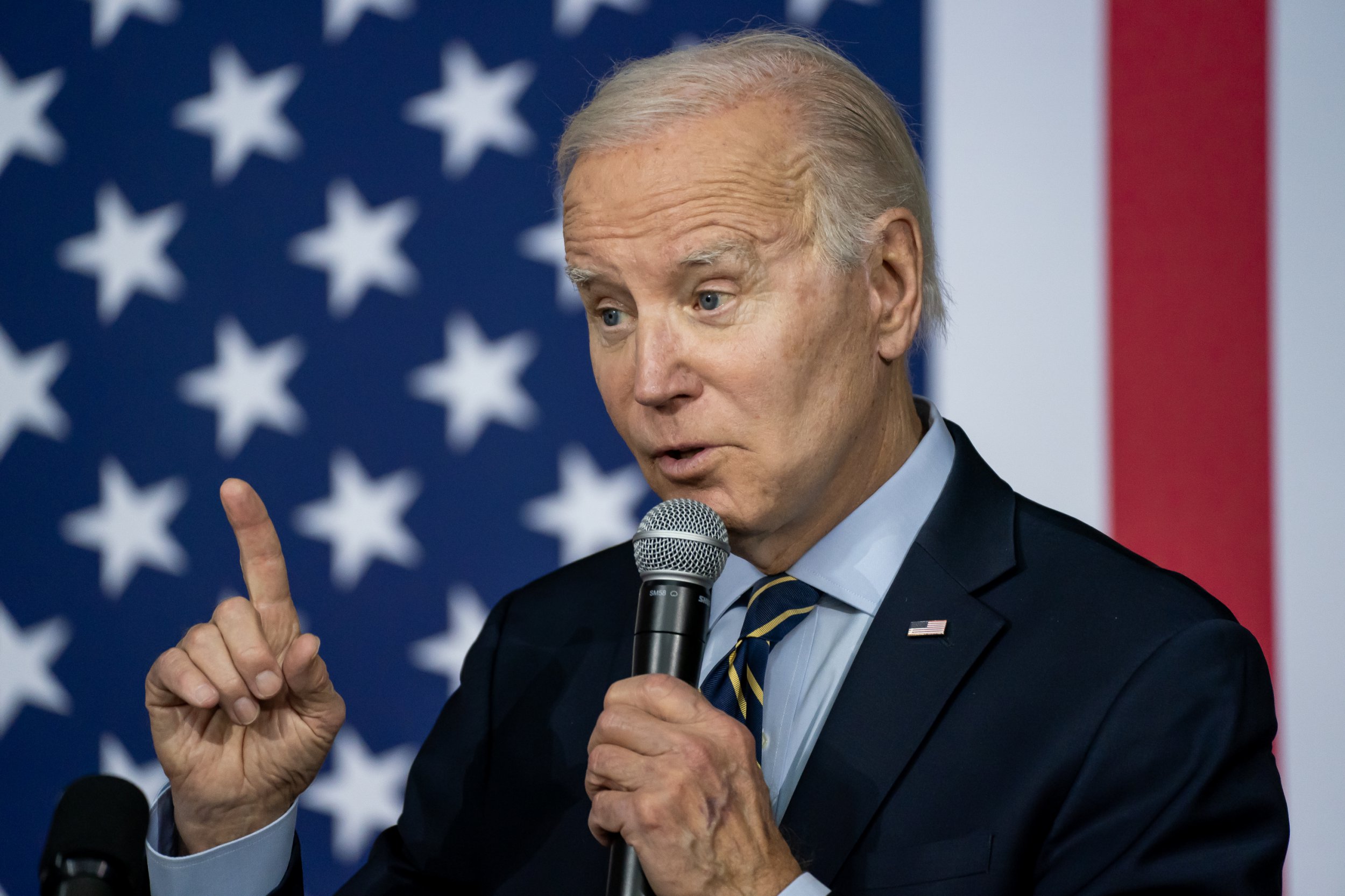CHETA NWANZE FROM PUNCH
In April 2019, Minister of Labour and Employment, Dr Chris Ngige, was asked about Nigeria losing healthcare professionals to economic migration that took them to better-paying jobs in other continents, and he brushed it aside, saying that Nigeria had a surplus that made the migration a non-issue.
A year before that, his colleague, the health minister at the time, Isaac Adewole, was asked what could be done to improve the post-residency situations of Nigerian doctors, many of whom go through a lot of frustration during and after their residency programmes. Adewole’s flippant response was that such people did not have to be doctors and could choose to pursue careers as farmers and tailors.
These cabinet members were unconcerned about the reports that many of Nigeria’s doctors and other healthcare professionals were seeking better pastures in other countries. This idea that Nigeria does not have enough doctors, nurses, and other forms of healthcare professionals get discussed regularly. However, comparison with some other locations might help us see if there is any truth to the claims, especially with how loud the complaints get sometimes.
Nigeria currently has 24,000 licensed medical doctors serving a population of 200 million people. For comparison, California has the highest number of doctors in the US, with 118,151 physicians serving a population of 40 million Californians. New York has 98,821, and Texas has 69,676.
If Nigeria were a state in the US, it would not be in the top 10 for the number of licensed doctors. You have to get to the 15th position to get an American state that Nigeria has more doctors than, and that is Washington which has 22,515 physicians looking after a population of 7.9 million, about the population of Bauchi State. Those complaining about Nigeria having a serious healthcare personnel problem have a point, so our legislators have decided to act.
The House of Representatives had second reading on the Medical and Dental Practitioners Act (Amendment) Bill, 2022, which would make it compulsory for graduates of medical schools to work in the country for five years before being eligible to receive their full licence. If passed, the law is meant to check the migration rate of medical professionals to other countries.
It looks like, after the initial bluster, the Federal Government has owned up to the existence of the problem but is, as usual, choosing to focus on a symptom instead of looking to understand and solve the true problem, and rather than tackling the issue in a way that is more likely to hurt than help.
What we are seeing is nothing other than a demand and supply situation that should be handled accordingly. We have to take note of the demand situation outside of Nigeria. Despite all of its doctors, it is estimated that by 2025, the US will be faced with a deficit of 446,000 home health aides, 95,000 nursing assistants, 98,700 medical and lab technologists and technicians, and more than 29,000 nurse practitioners, according to a 2021 report conducted by industry market analytic firm Mercer. The American Association of Medical Colleges also predicts that the US will have a deficit of 122,000 physicians by the year 2032, which would be partly caused by an expected 48 per cent of the over-65 population due to people living longer.
In England, the NHS has 94,000 vacancies for healthcare professionals, with 9,691 of those openings being for doctors and 38,952 for nurses. So the demand is clearly there, and forcing products of Nigeria’s medical schools to stay home for five years after graduation will not solve the problem.


